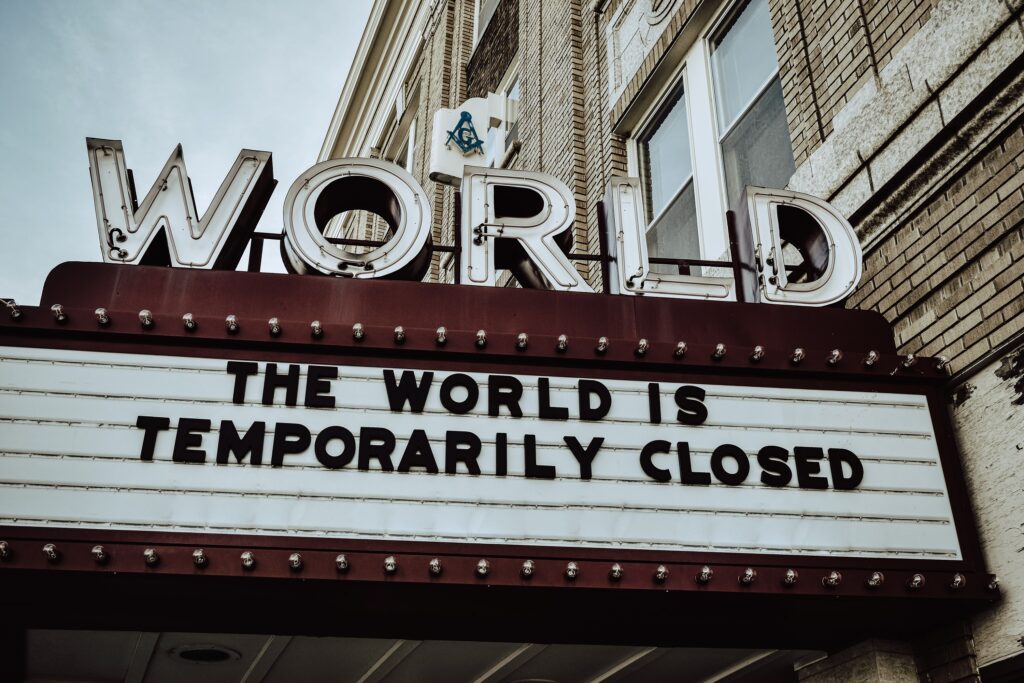New violation that you agreed to and did not read .. WhatsApp will delete your account if you do not share your data with Facebook
If you use the WhatsApp application, you may have noticed a pop-up window while using the application in your phone at some point during the past two days, asking you to agree to update the privacy policy of the application, and of course you immediately clicked on the button at the bottom to continue.

But did you read the new terms and know what they mean to you?
If you read closely, you will know that users will have until February 8, 2021 to read and agree to the new terms, and if users do not accept the new privacy terms that appear on their screens, their WhatsApp account will be deleted as of that date.
It is possible that you are not the only one to agree to the new terms without reading them, however the changes to the privacy policy of the WhatsApp application – which has more than two billion users now – are important and you must be aware of them, and they include the following: Integrate better with a group Other Facebook products, giving space to better interact with businesses, and collecting users’ financial data.
What data does WhatsApp share with Facebook?
The WhatsApp application collects a lot of data related to the account such as: phone number, your account picture, your usage patterns that include the features you use, the groups you joined, how you interact with others within the application, and other information such as the use of the status feature, device data, and much more.
Most of this data has been restructured in different sections in the old versions of the privacy policy, but in the new update of the privacy policy, the company added a new section called Transaction and Payments Data that includes the users’ financial data that is collected.
It is a step aimed at improving and developing various payment services on Facebook to allow you to pay for various goods. This leads us to the integrations that Facebook makes between its various services and products to improve ad targeting.
The updated policy states that WhatsApp will share the data it collects about you with other Facebook companies, and it includes your account registration information such as your phone number, transaction data, service-related information, information about how you interact with others, including companies, and your private IP address. It may include other information specified in the privacy policy section entitled “Information collected” or “obtained upon notice to you or on your consent.”
Advertising
The updated policy also suggests that it may send you marketing materials about the Facebook Companies. In addition, the company will use your data collected from the app and other Facebook services to provide content suggestions, person recommendations, and ads along with service improvements.

The last step will lead to the integration of the operations carried out by Facebook between its various services and products (Shutterstock)
Interact with business activities
Many businesses depend on WhatsApp to communicate with their customers and customers, so the company has launched a version of the application dedicated to commercial activities called WhatsApp Business, which allows merchants to communicate with users of the application through additional commercial features.
This version has grown significantly over the past few years, and the number of its users has reached more than 50 million. To increase this number, WhatsApp will allow companies to integrate other services in the application.
Facebook says it “works with businesses that use Facebook or any other party to help store and better manage their communications with you on WhatsApp.” As part of this, third-party apps may be able to read your communications on behalf of the business you interact with.
Moreover, the third-party services that you use within WhatsApp may be able to obtain some of your information. For example, the in-app video player might know your IP address.
These new WhatsApp changes come on the heels of a controversy that indicates that the app collects much more data than the iMessage app from Apple.
After the lawsuit filed by 10 states against Google in the last period, the American Wall Street Journal reported that Facebook and Google had agreed to cooperate and assist each other against antitrust measures in the event of an investigation into their agreement to work together in online advertising.
You can read the updated privacy policy for WhatsApp through this link




